Sharon Kurtzman worked in television marketing before pursuing her dream of becoming a writer. She earned her MFA in fiction from Vermont College of Fine Arts, and her undergraduate degree from Syracuse University’s Newhouse School of Public Communications. The Lost Baker of Vienna was inspired by the war and postwar experiences of her own family, who were Holocaust survivors. Kurtzman lives in North Carolina with her husband; they have two adult children.
In recent years, there’s been discussion in publishing circles about the market saturation of WWII and Holocaust fiction. Writers attending conferences have heard how they should steer away from the subject unless they have a fresh angle on it. That caveat left the door ajar.
That’s the door I chose to walk through.
I was aware of these industry concerns long before I focused on the time period for my historical novel. But I have a confession: I didn’t choose the subject matter for The Lost Baker of Vienna as much as it chose me, holding me in its grip me for most of my life. My mother, aunt, and grandmother were Holocaust survivors, and they inspired my novel. I knew from a young age that I wanted to be a writer, and I always knew that I would write about my family’s experiences someday. When I was in college, my mother opened up to me for the first time about what her life was like during and after World War II, solidifying my conviction. Yet it took me decades to begin writing this story. Twenty-plus years of researching, writing five other books to learn the craft, and putting off the call to write the book of my heart.
By early 2020, when I began writing The Lost Baker of Vienna, I knew the WWII genre was already full of wonderful stories by amazing authors. Some described the genre as a tougher sell, as if other books were an easy sell. I had spent twenty years trying to walk through the gates of publishing with manuscripts in other genres, including mainstream contemporary fiction, women’s fiction, and family drama. I garnered hundreds of rejections, landed two agents over eight years, and parted ways with those agents for different reasons. I had two books die on submission.
As I conceived this novel, I was drawn to my family’s postwar experiences as refugees, a time rarely depicted in historical fiction. This story sprang to life because of experiences my mother had shared with me. My family struggled to leave postwar Europe and reach America, where my grandfather’s family—my grandfather had been murdered during the war—lived. They found themselves trapped in Vienna, where life after the war was extremely difficult, plagued by violence, food shortages, and continued antisemitism.
I never intended to ignore the industry’s thoughts on the genre. Instead, I simply had to write this book. If I hadn’t, I imagine I would someday lay on my deathbed full of regret. I also felt that this novel possessed the fresh perspective that might prop open publishing’s door. And if not, so be it. When the drive to write the story in your heart pulses that strongly, you ignore the naysayers. But I’m also human, and as I drafted and revised, doubt crept in. I wondered whether anyone would ever read this book.
Storytellers know all about creating a dark-night-of-the-soul reckoning for their fictional characters. As writers, we often experience our own all-is-lost moments, which are as painful as the ones created for the page. Parting ways with my second agent when my second novel failed to find a publisher, though amicable, was when I hit rock bottom. For the first time, I considered whether I should keep writing at all.
The clouds lifted when I realized I had to keep writing, and though I was setting the past novel aside, there was no way I could give up on this story, the one inspired by my family. I vowed to make it the best it could be though not because I expected to see it published, but because I knew I had to do it. People often advise authors to find their “why.” Meaning to consider what aspect of the story resonates with them. When my mother would tell me about her life, she always ended with, “I tell you these things so the world remembers what happened to us.” I needed to continue writing this book so that I could carry my family’s stories forward, and that became my “why.” I also worked to depict their resilience and hope, and how despite what they went through during their time in Jewish ghettos and a concentration camp, they rebuilt their lives. In Vienna, my family worked in a hotel kitchen and my novel’s baking theme provided the chance to show how joy and love were still possible in a world that had been torn apart. I accepted that publication of the book was beyond my control. Instead, I promised to view every reader touched by my manuscript as fulfilling my purpose.
A year later, I completed my novel. What transpired after was the stuff of writerly fairy tales. In astonishing succession, I signed with my dream agent, Wendy Sherman, a week after sending her the manuscript. Two months later, my agent took the book out on submission, where it sold in less than a week in a preempt to the legendary Pamela Dorman, my dream editor at her eponymous imprint at Penguin Random House. During that query and submission process, beta readers, my agent’s team, and editors read my manuscript and were touched by the story, affirming the reason I wrote this book.
As my novel moved through the production process, the author community was extremely generous with me and the book garnered beautiful reviews from a list of authors whose work I’ve long admired. I also read reviews from advance readers, on platforms like Goodreads, who love WWII fiction, noting what they enjoyed or found moving. Many share kind words about how the story differs from others in the genre because it takes place after the war. A time rarely seen is the phrasing they often use. I’m so grateful for these assessments.
I’m not arguing that the genre isn’t crowded, but if others steer writers away from it, I will point out that common writing advice cautions against writing to trends. I believe writers can and should understand the latest trends in publishing, because knowledge is always good. Such knowledge can help them make informed decisions on how their work can bring something new to a genre’s bookshelf.
I didn’t write this book to adhere to a trend or to buck industry wisdom. I simply wrote the story I felt passionate about, and I hope my passion shows up on the page. In the coming weeks, I’ll be at bookstores and events where I’ll talk about my novel and my mother’s experiences during and after the war. As I stand at the threshold of The Lost Baker of Vienna’s release into the world, I’m grateful that I’m achieving my “why” and carrying my family’s stories forward, one reader at a time.

The Lost Baker of Vienna by Sharon Kurtzman
After the loss of her grandfather, a Holocaust survivor, Zoe Rosenzweig is determined to find the truth about what happened to her family after the war. She traces her lineage back to 1946 and Chana Rosenzweig, who is reeling from her father’s death. The only way Chana feels close to her late father is when she sneaks into the hotel kitchen, where she works as a dishwasher, to bake his recipes. She soon finds herself caught between two men, each representing a different outcome: a black-market dealer who offers marriage and protection and a baker who understands her passions. Chana must balance her love for baking against her family’s need for safety in the rubble of postwar Vienna.
Buy the book now: Bookshop.org | Amazon | Barnes & Noble


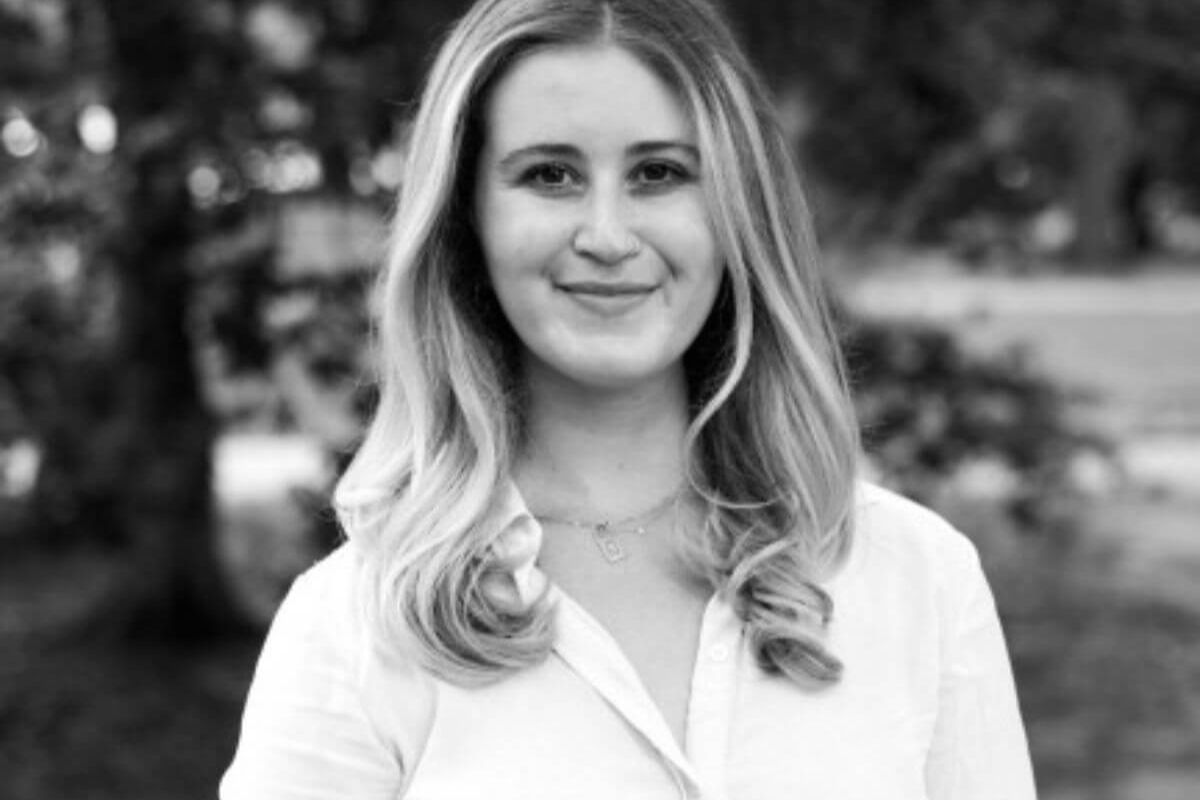
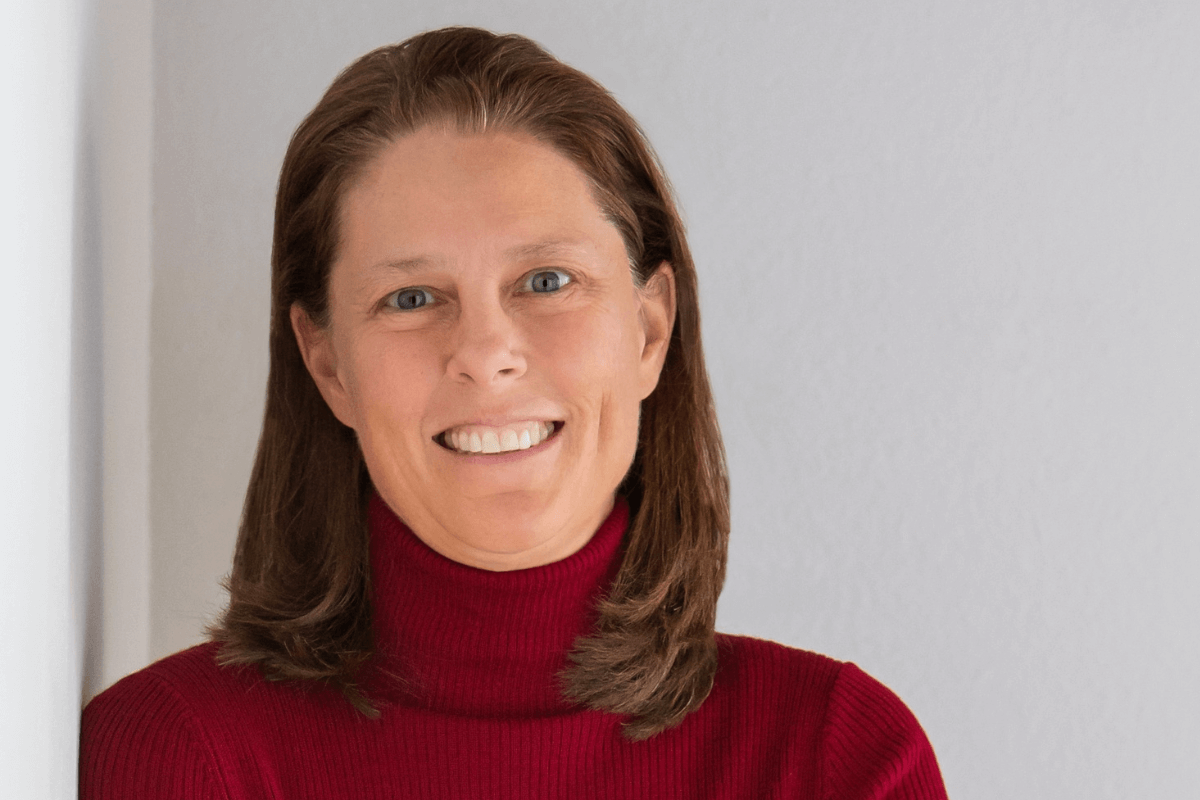
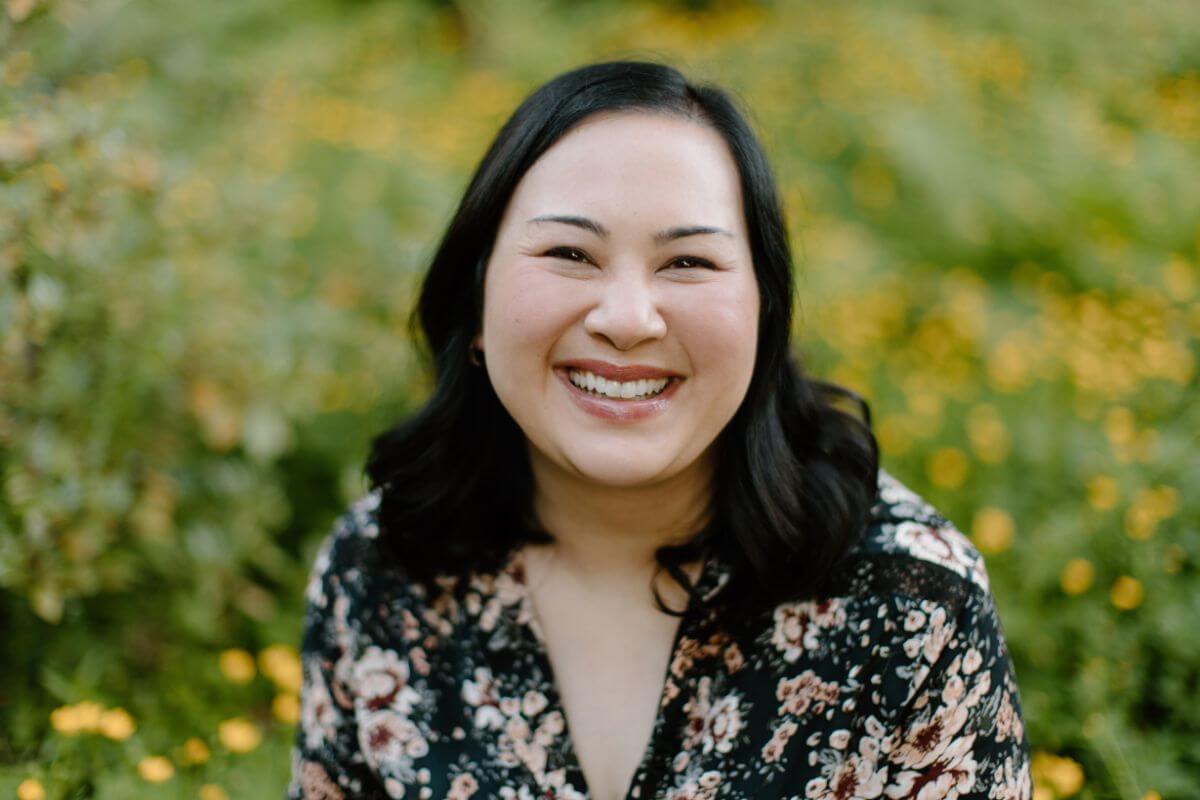
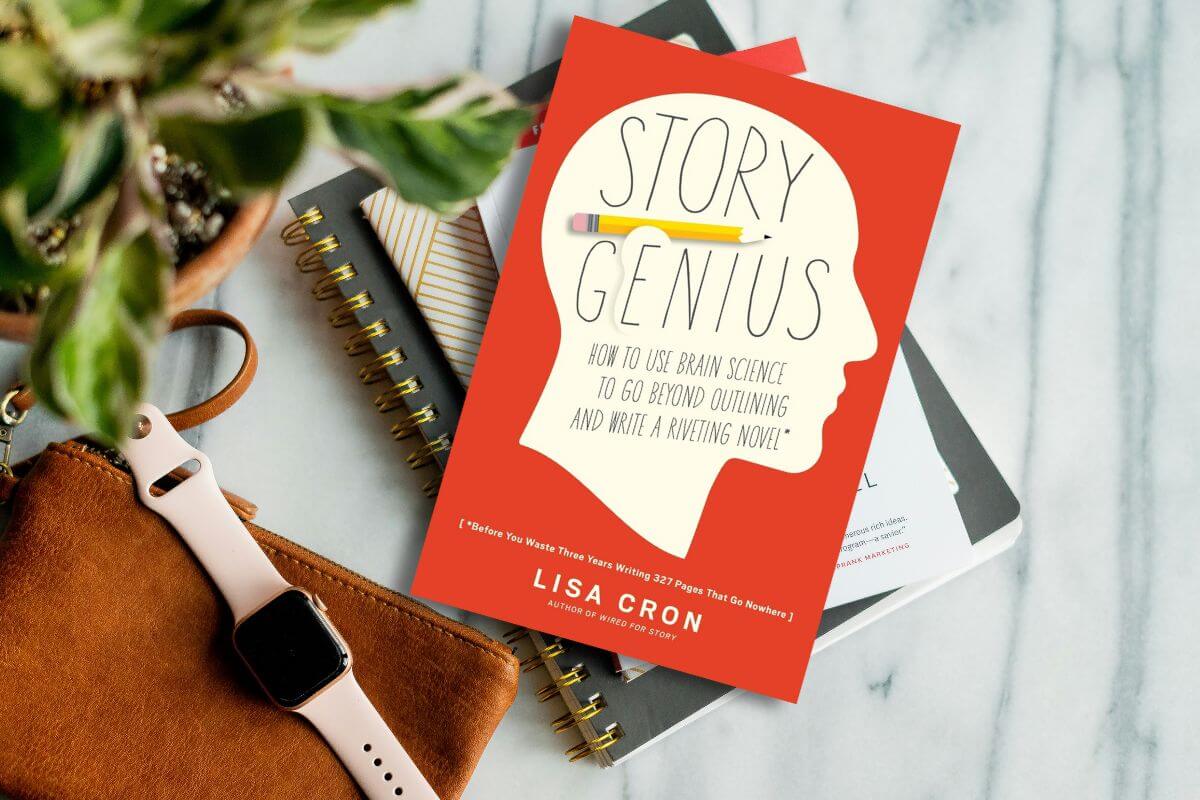
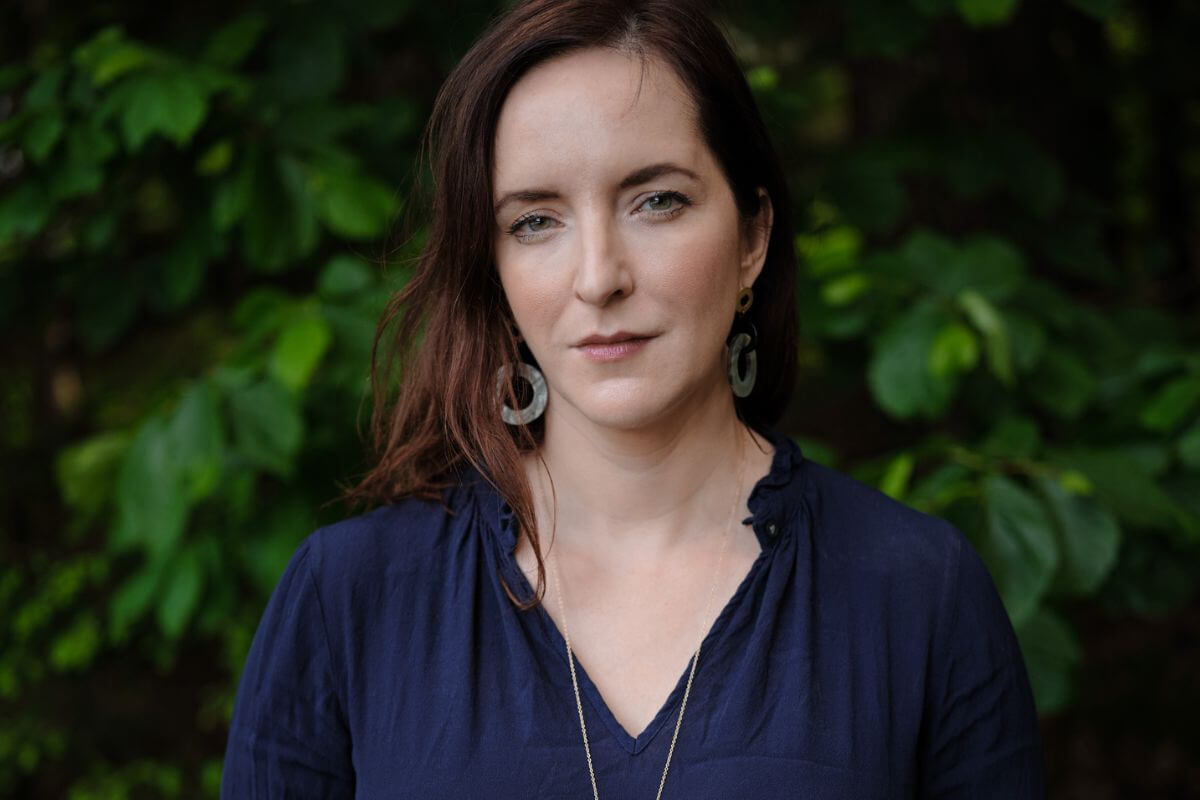
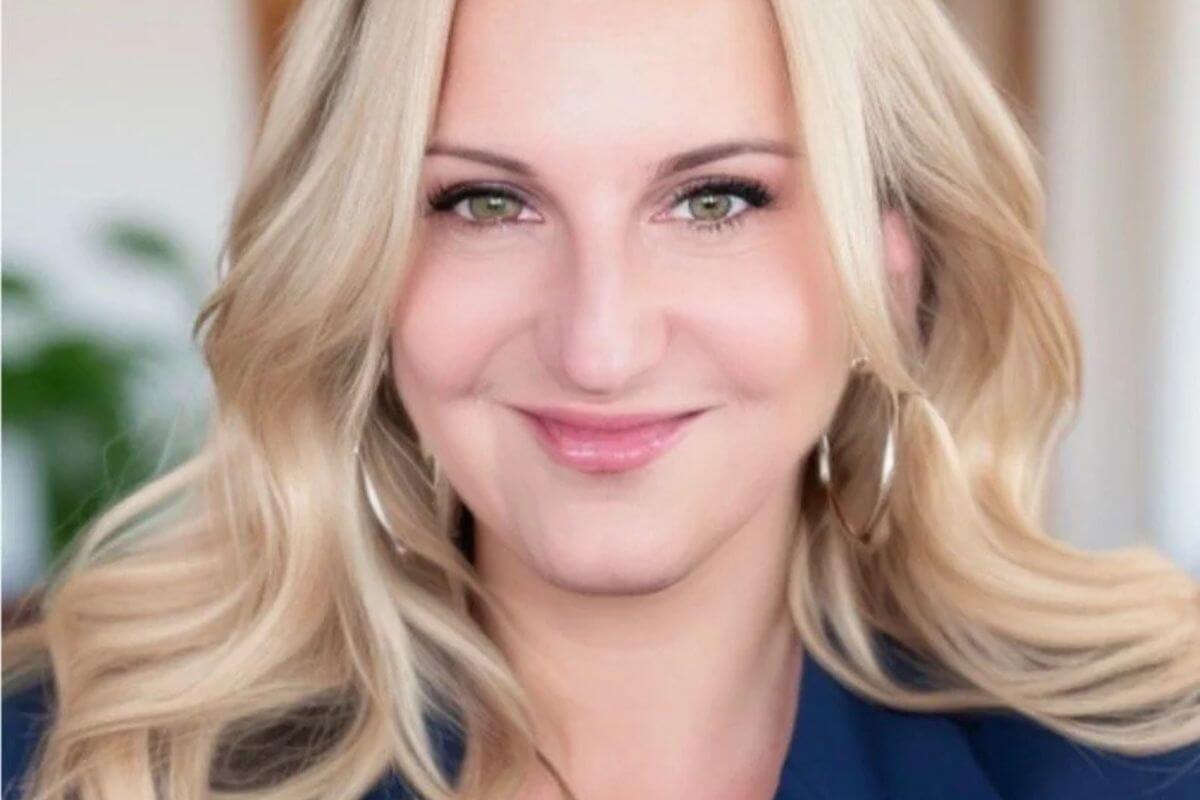
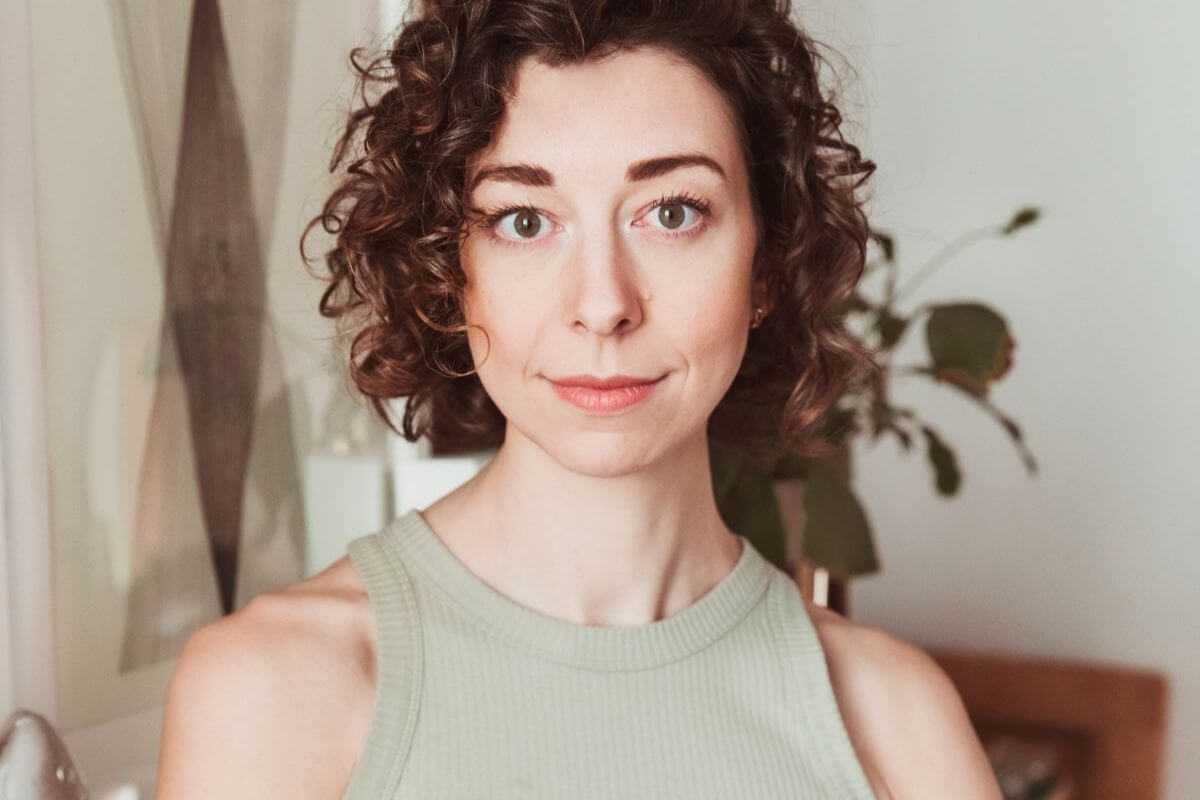
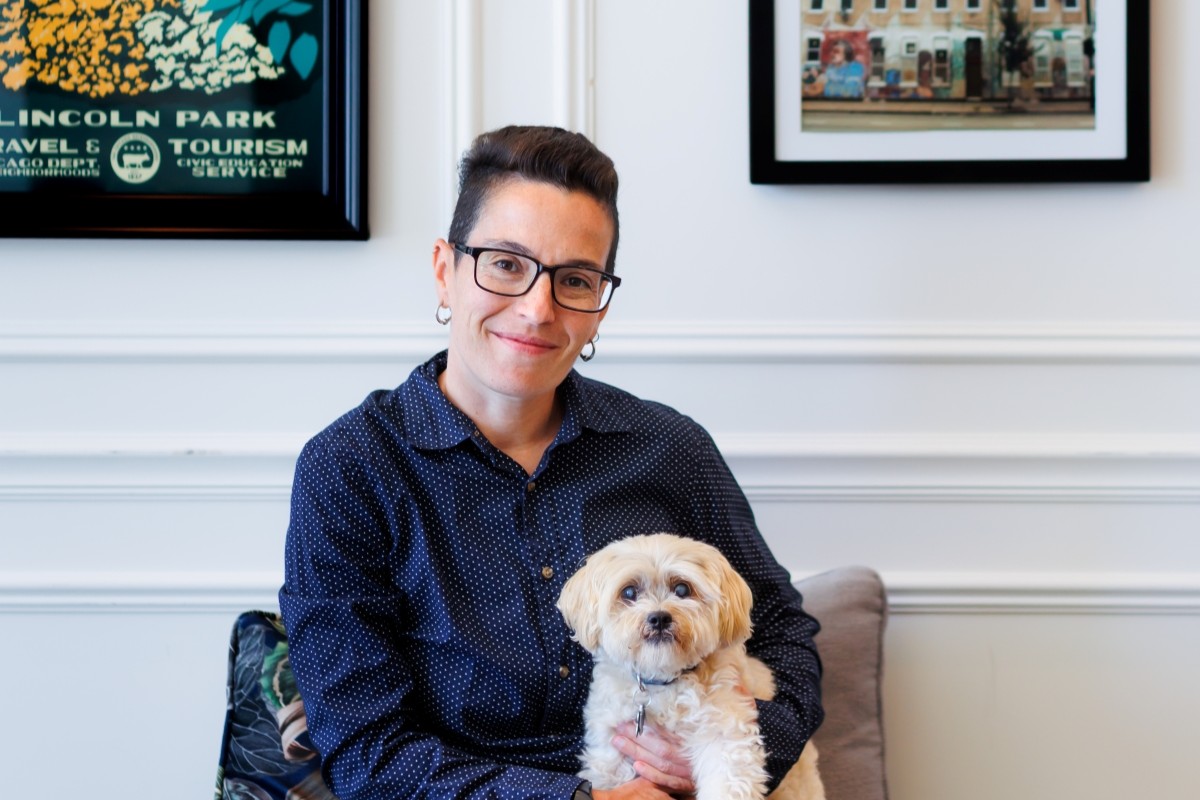

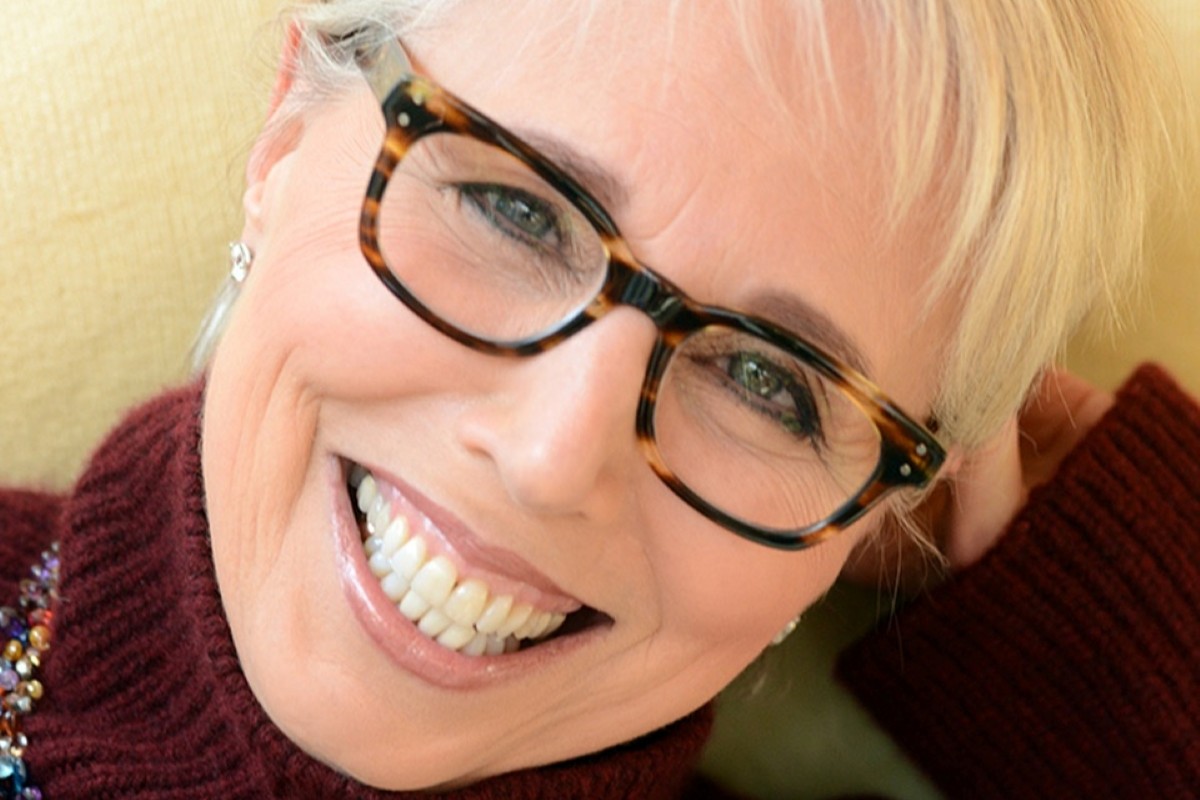
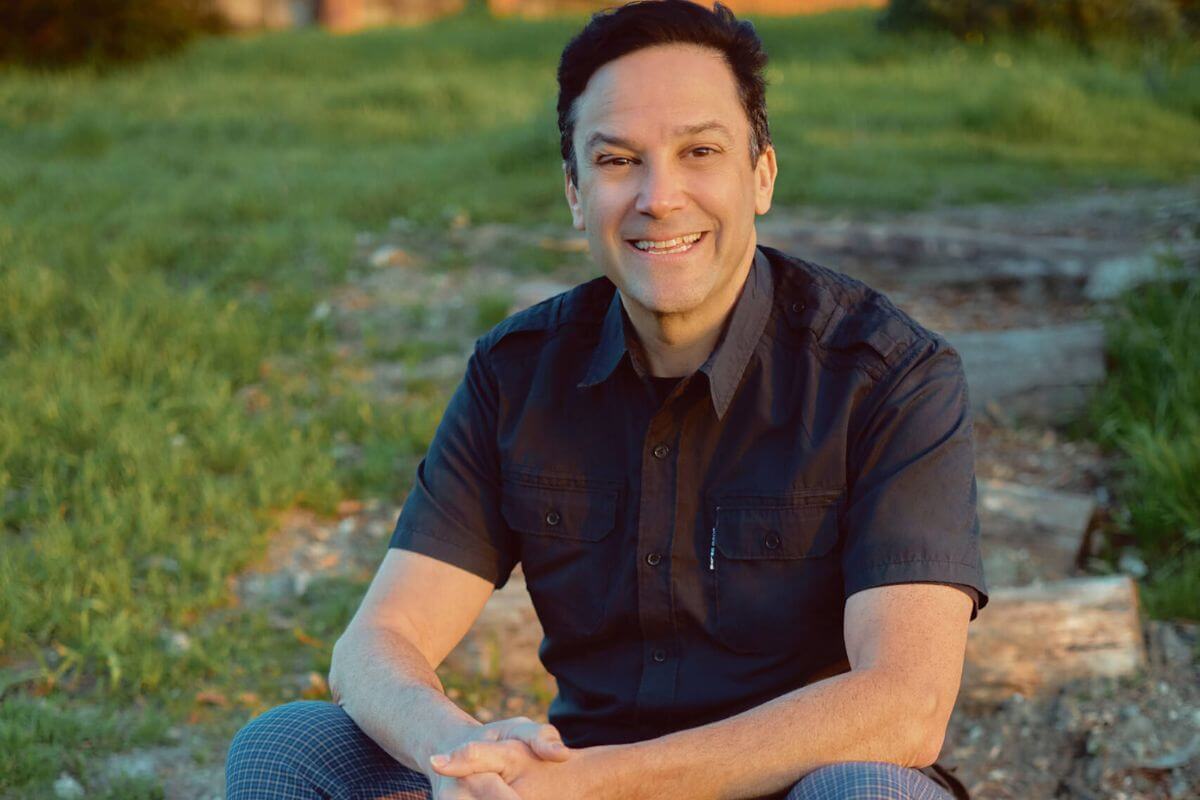
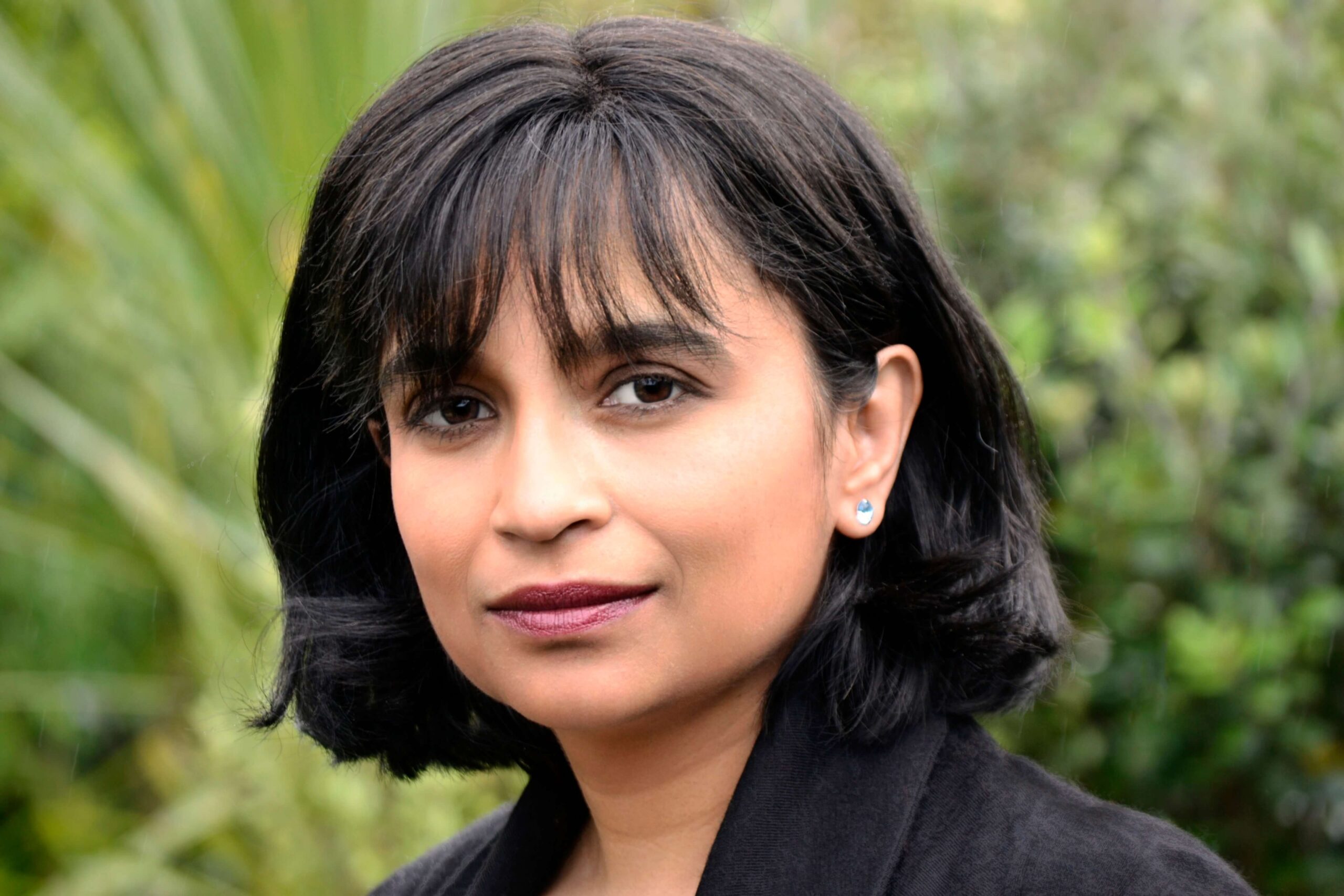
Leave A Comment